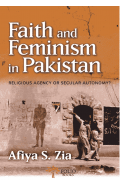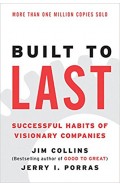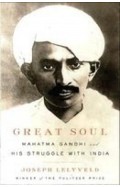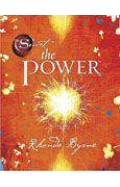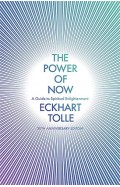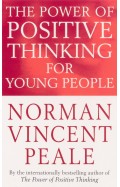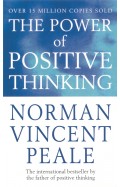- Home
- Sale
- 11.11 Sale UPTO 90% OFF
- 45% OFF
- Forced Marriage: Introducing a Social Justice and Human Rights Perspective
Forced Marriage: Introducing a Social Justice and Human Rights Perspective
By: Aisha K Gill
-
Rs 4,947.25
- Rs 8,995.00
- 45%
You save Rs 4,047.75.
Due to constant currency fluctuation, prices are subject to change with or without notice.
| Book | |
| What's in the Box? | 1 x Forced Marriage: Introducing a Social Justice and Human Rights Perspective |
Forced Marriage: Introducing a Social Justice and Human Rights Perspective
By: Aisha K Gill
Rs 4,947.25 Rs 8,995.00 Ex Tax :Rs 4,947.25
Zubin Mehta: A Musical Journey (An Authorized Biography)
By: VOID - Bakhtiar K. Dadabhoy
Rs 472.50 Rs 1,050.00 Ex Tax :Rs 472.50
FAITH AND FEMINISM IN PAKISTAN: RELIGIOUS AGENCY OR SECULAR AUTONOMY?
By: Afiya S. Zia
Rs 1,075.50 Rs 1,195.00 Ex Tax :Rs 1,075.50
Built to Last Successful Habits Of Visionary CompaniesAI
By: James C. Collins
Rs 4,045.50 Rs 4,495.00 Ex Tax :Rs 4,045.50
Great Soul Mahatma Gandhi And His Struggle With India
By: Joseph Lelyveld
Rs 877.50 Rs 975.00 Ex Tax :Rs 877.50
The Power Of Positive Thinking For Young People
By: Norman Vincen Peale
Rs 2,245.50 Rs 2,495.00 Ex Tax :Rs 2,245.50
FAITH AND FEMINISM IN PAKISTAN: RELIGIOUS AGENCY OR SECULAR AUTONOMY?
By: Afiya S. Zia
Rs 1,075.50 Rs 1,195.00 Ex Tax :Rs 1,075.50
No recently viewed books available at the moment.
Zubin Mehta: A Musical Journey (An Authorized Biography)
By: VOID - Bakhtiar K. Dadabhoy
Rs 472.50 Rs 1,050.00 Ex Tax :Rs 472.50
Forced Marriage: Introducing a Social Justice and Human Rights Perspective
By: Aisha K Gill
Rs 4,947.25 Rs 8,995.00 Ex Tax :Rs 4,947.25
FAITH AND FEMINISM IN PAKISTAN: RELIGIOUS AGENCY OR SECULAR AUTONOMY?
By: Afiya S. Zia
Rs 1,075.50 Rs 1,195.00 Ex Tax :Rs 1,075.50












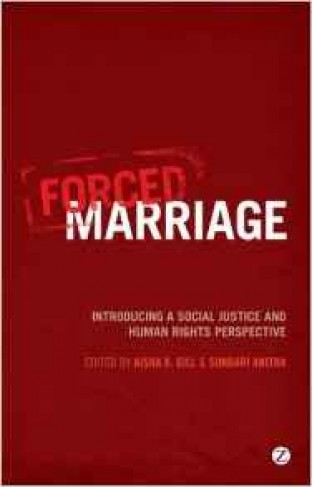
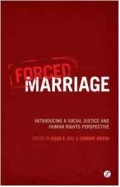
-120x187.jpg?q6)





